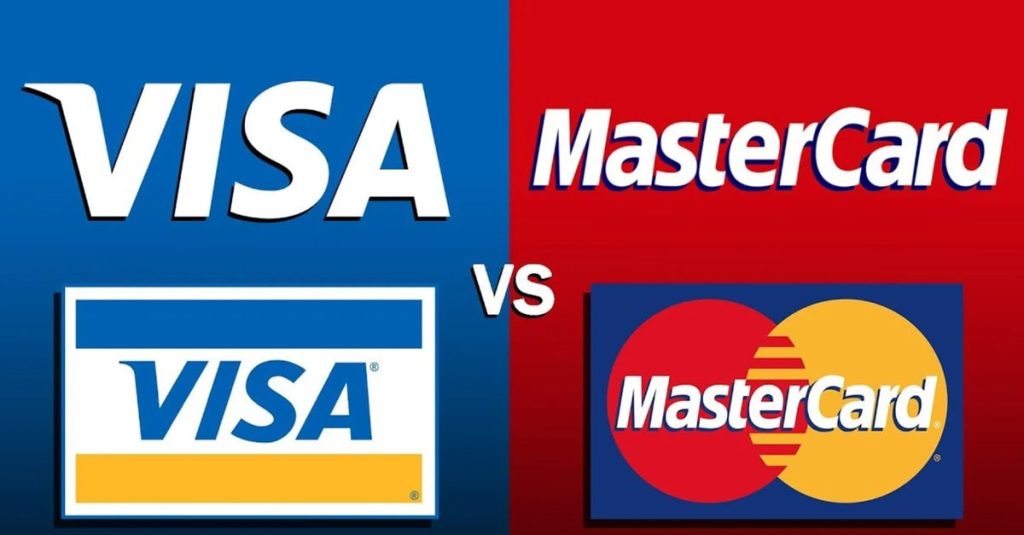Chargebacks are a significant challenge in online commerce, often resulting in lost revenue for merchants. When a customer disputes a transaction, the issuing bank can reverse the payment, leading to a chargeback. However, disputes don’t always end there. In some cases, the process escalates to pre-arbitration, a critical stage before final arbitration, where the outcome is often decisive.
This guide outlines what pre-arbitration chargebacks are, how they work, and what merchants can do to manage them effectively.
Understanding Pre-Arbitration Chargeback
Pre-arbitration chargeback is a phase that occurs after a merchant has responded to an initial chargeback (representment) but before arbitration. It serves as the final opportunity for the merchant and the issuing bank to resolve the dispute without involving the card network (e.g., Visa, Mastercard) for a binding decision.
Key Points:
- Pre-arbitration happens when the issuer finds new evidence or deems the merchant’s response inadequate after the initial chargeback.
- The issuer typically has 30 days to initiate pre-arbitration following the merchant’s response.
- The merchant must decide to accept liability or contest the pre-arbitration within a limited timeframe, usually 15 days.
The Pre-Arbitration Process
The pre-arbitration process involves several key steps:
- Initiation: The issuer initiates pre-arbitration if they find new evidence or believe the merchant’s response is insufficient.
- Response: The merchant must respond quickly, either accepting the chargeback or providing additional evidence.
- Outcome: If resolved in favor of the merchant, the case is closed. Otherwise, it may escalate to arbitration.
Table 1: Pre-Arbitration Process Overview
| Stage | Timeline | Action Required | Possible Outcomes |
|---|---|---|---|
| Pre-Arbitration Initiation | 30 days | Issuer initiates pre-arbitration | Merchant contests or accepts |
| Merchant’s Response | 15 days | Provide additional evidence or accept liability | Case resolved or moves to arbitration |
| Final Decision | N/A | Arbitration if unresolved, otherwise closed | Binding decision by card network |

Challenges in Pre-Arbitration
Pre-arbitration chargebacks present specific challenges:
- Low Success Rates: Merchants rarely win pre-arbitration disputes. Visa reports that only about 20% of contested pre-arbitration cases are decided in favor of merchants.
- High Costs: Contesting a pre-arbitration chargeback involves additional fees, typically ranging from $500 to $1,000. If the case proceeds to arbitration, costs can escalate to over $5,000.
- Impact on Merchant Accounts: High chargeback ratios can result in penalties, higher processing fees, or even account termination by payment processors.
Table 2: Financial Impact of Pre-Arbitration on Merchants
| Cost Type | Average Amount | Description |
|---|---|---|
| Pre-Arbitration Fee | $500 – $1,000 | Fee for contesting pre-arbitration |
| Arbitration Fee | $2,000 – $5,000+ | Fee if case escalates to arbitration |
| Chargeback Ratio Penalties | Varies by processor | Higher fees or account termination for high chargeback ratios |
Best Practices for Merchants
To manage pre-arbitration effectively, merchants should adopt specific best practices:
- Maintain Records:
- Keep detailed transaction records, including customer communication and proof of delivery.
- Visa recommends storing transaction data for 120 days to cover the typical dispute window.
- Improve Customer Service:
- Resolve customer issues promptly to prevent disputes from escalating to chargebacks.
- Offer clear refund policies to reduce dissatisfaction.
- Use Fraud Prevention Tools:
- Implement fraud detection tools like 3D Secure and Address Verification Service (AVS) to reduce fraud-related chargebacks.
- Merchanto.org, an official Visa and Mastercard partner, offers tools that can help reduce disputes. Visit Merchanto.org for more information.
- Respond Promptly to Chargebacks:
- Address chargebacks within the allowed timeframe with all necessary evidence.
- Engage in representment with thorough documentation to prevent escalation to pre-arbitration.
Table 3: Best Practices for Preventing Pre-Arbitration
| Practice | Description | Expected Outcome |
|---|---|---|
| Record-Keeping | Maintain detailed transaction records for 120+ days | Stronger defense in disputes |
| Customer Service | Proactively resolve issues and offer clear policies | Reduced chargeback initiation |
| Fraud Prevention | Use tools like 3D Secure and AVS | Lower fraud-related chargebacks |
| Prompt Response | Address chargebacks quickly with complete evidence | Prevent escalation to pre-arbitration |
Understanding Visa and Mastercard Guidelines
Visa and Mastercard, the two largest payment networks, have specific guidelines for handling pre-arbitration chargebacks. Understanding these guidelines is critical for merchants:
- Visa Pre-Arbitration:
- Visa uses two workflows: Allocation and Collaboration. In the Allocation workflow, the merchant’s bank serves pre-arbitration to the cardholder’s bank. In the Collaboration workflow, the cardholder’s bank serves pre-arbitration to the merchant’s bank.
- Merchants should carefully review evidence requirements, as Visa provides up to 25 different types of compelling evidence for certain dispute reasons.
- Mastercard Pre-Arbitration:
- Mastercard’s process is similar but emphasizes the importance of timely response. Merchants must respond promptly to avoid liability.
- Mastercard’s fees for arbitration can be substantial, making it crucial to resolve disputes before reaching this stage.

Key Differences Between Visa and Mastercard Processes
Understanding the nuances between Visa and Mastercard’s pre-arbitration processes can significantly affect the outcome of a dispute:
- Visa Allocation vs. Collaboration Workflows:
- Allocation: The merchant’s bank initiates pre-arbitration and can escalate to arbitration if unresolved.
- Collaboration: The cardholder’s bank initiates pre-arbitration. Merchants must carefully present evidence to avoid escalation.
- Mastercard’s Emphasis on Timely Response:
- Merchants must act quickly to contest pre-arbitration. Delays can result in automatic acceptance of liability, leading to financial losses.
These differences highlight the importance of understanding specific payment network rules to manage disputes effectively.
Preventing Pre-Arbitration Chargebacks
Preventing disputes from escalating to pre-arbitration is more cost-effective than contesting them. Here are some strategies:
- Win During Representment:
- The best way to avoid pre-arbitration is by winning during the representment stage. This requires submitting comprehensive and compelling evidence upfront.
- Proactive Fraud Prevention:
- Use tools like Address Verification Service (AVS) and Card Verification Value (CVV) checks to prevent fraudulent transactions that could lead to chargebacks.
- Customer Communication:
- Clear and prompt communication with customers can resolve issues before they escalate to disputes. Ensure that customers understand your policies, and offer solutions quickly when problems arise.
- Regular Account Monitoring:
- Monitor your chargeback ratio regularly to ensure it stays within acceptable limits. A high chargeback ratio can lead to penalties, higher processing fees, or account termination.
Conclusion
Pre-arbitration chargebacks are a challenging aspect of online commerce. They represent a critical stage in the chargeback process where the stakes are high for merchants. Understanding the pre-arbitration process, the challenges it presents, and the best practices for managing it is essential for minimizing financial losses and protecting your business.
Merchants should focus on preventing disputes from escalating to pre-arbitration by maintaining comprehensive records, improving customer service, and implementing robust fraud prevention measures. In cases where pre-arbitration is unavoidable, responding promptly with compelling evidence is crucial.



